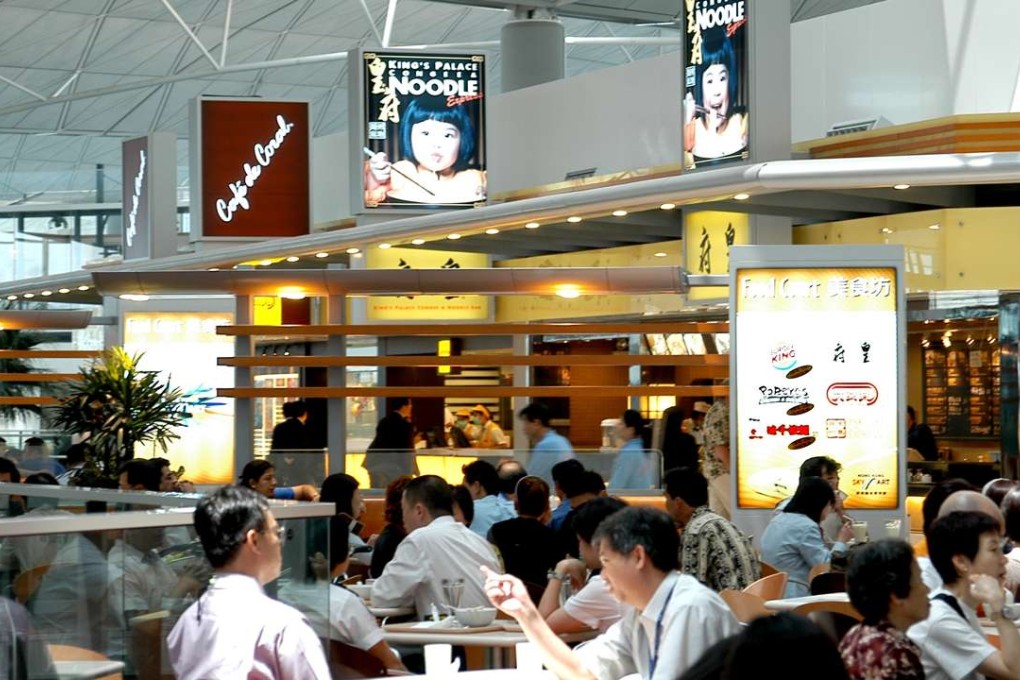Where academics and regulators (dis)agree – airport price regulation
Many airports now earn as much revenue from concession businesses as from infrastructure businesses

Airport price regulation is an interesting subject for governments, airline operators and consumers from East to West. This is also a subject which not only affects the interests of the stakeholders involved, but also the future development of the aviation business. It is where academics can help.
A recent study on airport price regulation conducted at Polytechnic University revealed important insights on this subject.
Airport markets have many exciting features that distinguish them from other markets. One has drastically changed airport businesses in the last years: The growing importance of concession businesses such as the supply of car parking spaces, food and beverages, clothing, jewellery and duty free relative to the supply of runway, terminal and other infrastructure capacity.
According to recent statistics from the Airport Council International, airports worldwide earn almost as much revenue from concession businesses as from infrastructure businesses.
For instance, retail licences and advertising revenue represent 41.4 per cent of total revenue at Hong Kong International Airport.
Atlanta Hartfield-Jackson airport is another interesting example. As the largest airport in the world in terms of passenger numbers, its car parking revenues are almost four times as high as the revenues derived from runway charges.